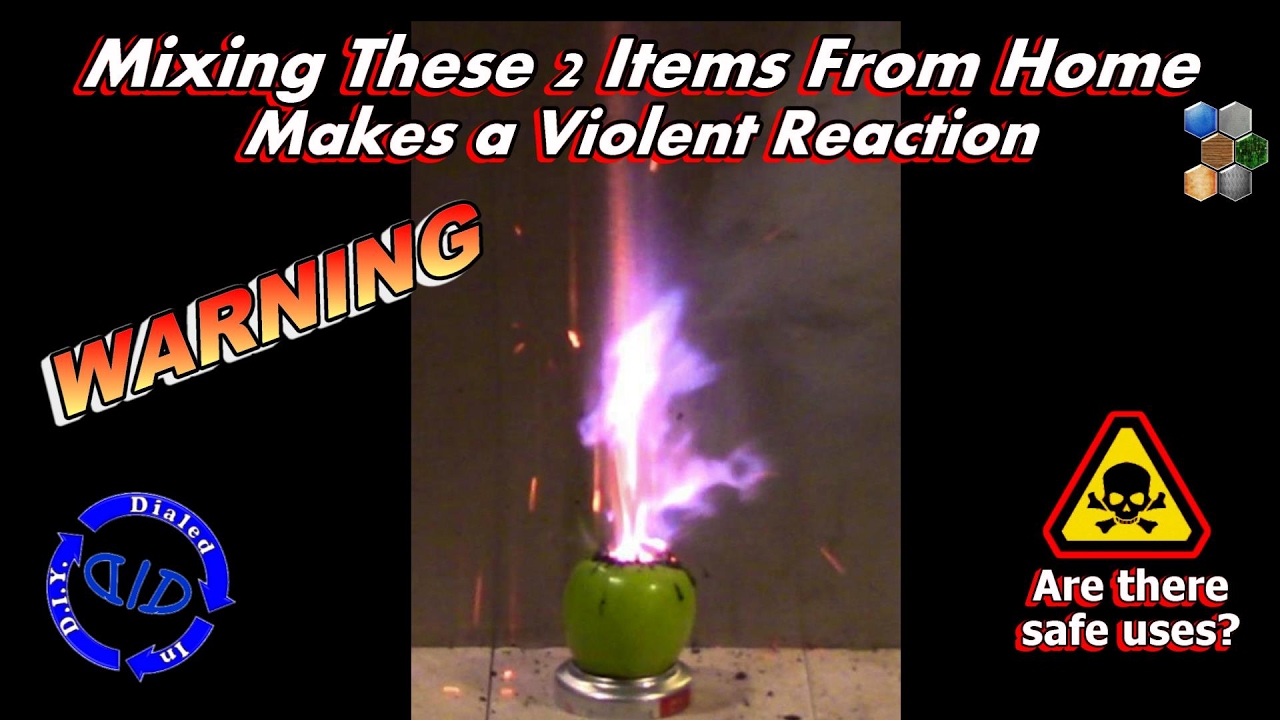Don’t let fancy packaging or enticing advertising campaigns fool you: Most common household cleaning products contain toxic and volatile chemicals that can be deadly if not used properly. This is especially true when products are mixed together in an attempt to create stronger and more-effective solutions to make cleaning easier.
In fact, hundreds of people are killed while thousands end up in emergency rooms every year after being exposed to the effects of these chemical reactions. Here are a few examples of dangerous reactions that can occur when common cleaning products are improperly-combined.
Bleach and Vinegar
While many people know that mixing bleach and ammonia together can produce a deadly gas, combining bleach with vinegar can be just as dangerous. In fact, adding almost any kind of acidic solution to bleach will create a chlorine gas. Exposure to high concentrations of this gas, particularly in poorly-ventilated areas can burn the respiratory tract, nose and throat in addition to the sensitive membranes around the eyes.
Bleach and Rubbing Alcohol
Mixing these two products together can produce chloroform as well as hydrochloric acid. While small amounts of chloroform can have a sedating effect, exposure to high concentrations can lead to respiratory distress, heart arrhythmia, coma and death. Exposure to hydrochloric acid, even in small concentrations, can damage the lungs, eyes, skin as well as the liver and kidneys.
Vinegar and Peroxide
Both of these products tend to be perceived as being harmless, and together they can be an effective sanitizer. However, it’s not recommended to combine them at home as slight variations in the ratio of the mixture, or in the purity of the products, can produce a highly-corrosive compound called peracetic acid. The acid can cause severe and deep burns, inflammation of the respiratory tract and blindness. Additionally, peraceic acid can be explosive if the right concentrations come into contact with certain metals.
Alcohol and Acetaminophen
Think twice about taking acetaminophen to ease the symptoms of a hangover, because combining the two can cause immediate and permanent damage to the liver. In fact, hundreds of people die every year as a result of drinking and taking acetaminophen while alcohol is still present in the bloodstream. Unfortunately, taking ibuprofen isn’t much better as the combination can create a reaction that burns through the lining of the stomach and intestines.
Drain Cleaners
Never combine different drain cleaning products together at the same time. While they may both eat away at gunk and grime that causes clogs, they may also contain different chemicals that can produce explosions. Additionally, breathing the vapors can cause severe burning and inflammation of the respiratory system as well as severe injury to the eyes. Splattering can also occur which can eat through skin and soft tissues on contact.
Aside from being vigilant when using household cleaners, it’s also important to pay attention to warnings about reactions involving other types of common products as well. For example, did you know that applying skincare products that contain Retinol and then going out into the sun can cause severe sunburns and increase the chances of developing skin cancer? Consuming dairy within an hour of taking certain antibiotics can neutralize their effects and make it more-difficult to fight infections. On the other hand, some combinations that are thought to be effective are actually completely useless. One popular myth is that mixing baking soda with vinegar will create a potent cleaner. However, the reality is that each ingredient neutralizes the effects of the other, and this renders the combination inert.
The important thing to remember is that warning labels are on products for a reason, and we need to be handling them with care in order to minimize the chances of being exposed to dangerous reactions. This is particularly true if we’re in a SHTF situation and it may be difficult or impossible to seek appropriate medical care. Make sure that you are using and storing products carefully, and do your homework before experimenting with combinations that may prove to be disastrous.
